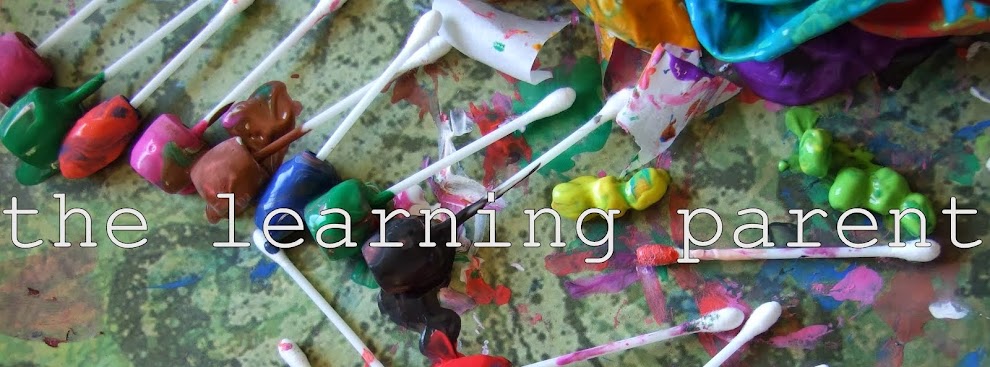Years ago, a friend said that you just can't parent three or four children in the same way you parent one or two. I have since had five kids and I agree.
I look at the wonderful habits and convictions and practices I had when I had my first and second child. I was calm. I never corrected my children when I was angry. I was on top of everything they did; instructing, correcting, training all the way. I read aloud for hours. I let them help with the washing up. We walked to the park. We walked to the shops. They had nap times at a particular time every day. We trained the children to have self control and not get out of bed before 7am. I exercised. I could study while the kids slept. I sat and played with them. I styled my hair every second day. I saw friends. I started blogging and writing prolifically (
www.womenbiblelife.com). I read a lot. There were difficulties, meltdowns, fatigue, frustrations, depression. It still felt hard back then. But I look back and marvel at what I used to be able to do.
Life is bulkier now, cluttered with things which must be done. Every other day, I chide myself for all the good habits I used to have. I wonder why I can't parent the way I used to. I get frustrated that I can't will myself out the door for a run. I worry that I don't read enough to the littlest boys. I feel terrible for how infrequently I see my friends. I get angry. I get a buzz of adrenaline as I look at a course I would like to study, but then remember that there are no gaps in my routine, nor space in my mind. I hear reports of what one of the little boys is up to in another room and sigh. I just don't know what to do. If I did know what to do, I'm not sure I could disentangle myself to get there and do it anyway.
In those times, I am measuring myself by what I used to do, a few kids ago. But this is a different game now. More players means the rules have to change.
There is no avoiding the fact that I am finite. I simply cannot parent the way I once wanted to. When I had only a couple of children, I was able to indulge my perfectionism a bit. I used to figure that if I did everything right, then everything would turn out the way I imagined it should. I am very thankful that I cannot pretend that way any more. It was never true.
Having five kids has forced me to see my children as individuals who have minds and hearts of their own. They are not projects for me to cultivate. I cannot control all the elements which shape them. I can do my best to make good choices as a mother, but whatever I come up with will be imperfect. This handful of children remind me hourly that I am not in control.
I think the main difficulty with a big family, is feeling bad that I simply can't parent along the default lines set by an individualistic culture. Every individual in our family is constantly bending and adjusting and colliding with the needs of others. All of us have our self centredness ambushed. I cannot mother my children and still do everything I like to do. They cannot grow as one of five children and still feel like the world is at their mercy. It hurts. It's painful. It's messy, but it is really good for us all.
I am learning that happiness does not come from doing what we want, whenever we want. It does not even come from achieving our goals and being in control. Happiness is not something we can catch, control and keep on a leash. It pops up unexpectedly, often out of a maze of other messy feelings. It sprouts best when we are getting on with doing other things.
I am going to stop comparing myself-with-five-children with myself-with-two-children. I'm sure my memories of myself-with-two-children is glossed anyway. Sure, there are things which are not happening at the moment. There are a whole lot of really great things happening instead. The difference is, I am not under the delusion that I am orchestrating all these good things.







.jpg)
.jpg)
.jpg)


